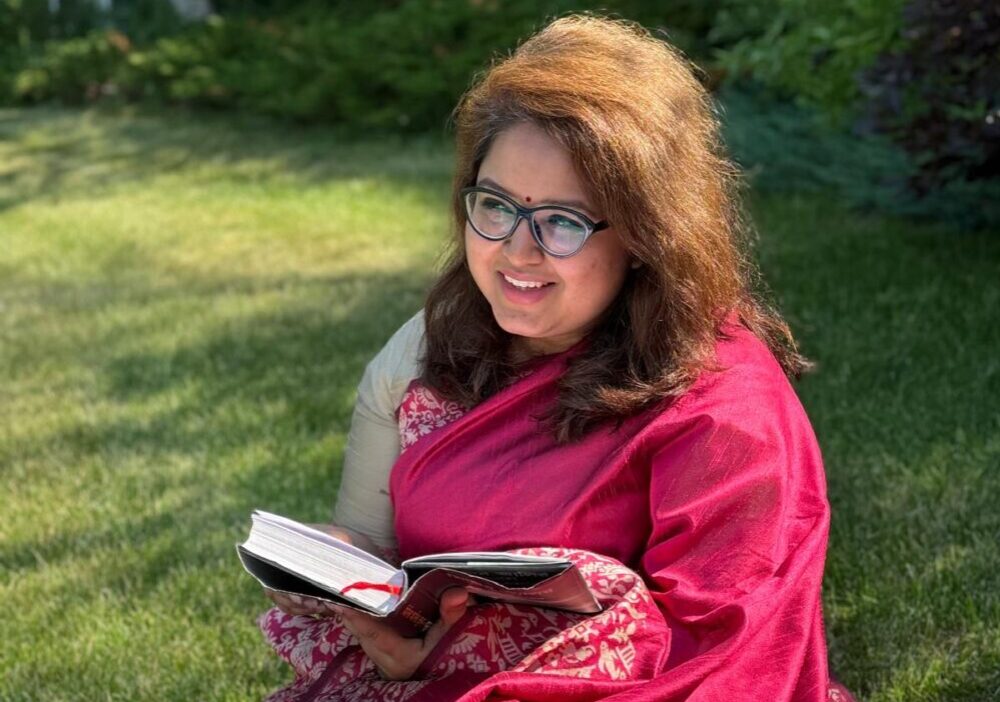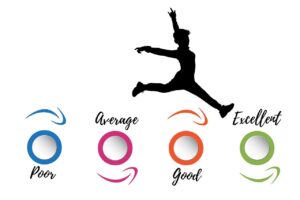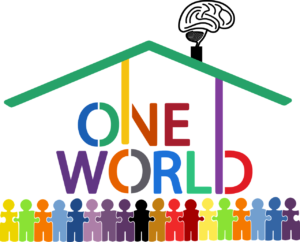Exploring an Interactive Recycling Course: A Step Towards Sustainable Learning
Welcome to my blog! Today, I am excited to share my thoughts on the Class 3 Social Studies course prototype. This course is made to help young learners explore their world in a fun and interesting way. After looking at the feedback from our class and reviewers, I found some helpful suggestions. The feedback pointed out some strong points of the course, like how well it is organized, how engaging it is, and how it meets our goals. However, it also mentioned some areas to improve, such as making the quiz questions easier to understand and improving the feedback we give.
Engaging and Informative Content
This course teaches participants about recycling, waste management, and sustainability. It employs interactive modules, quizzes, and real-life examples to demonstrate how our actions can impact the environment. Instead of merely sharing facts, the course encourages everyone to participate, making learning more enjoyable.
Hands-On Learning Approach
What makes this course special is its interactive activities, such as the Lumi video that allows students to sort recycling items. Participants can engage with the content in exciting ways. The course also has a point system, enabling learners to earn points and unlock rewards, which makes it even more enjoyable.
Practical Applications and Real-World Impact
The course not only provides knowledge but also teaches practical skills that can be used in daily life. Participants learn how to identify recyclable materials, understand local recycling rules, and reduce waste by making smarter choices. These practical lessons help learners take real steps toward sustainability.
Reflection on Accessibility and Equity
After thinking about accessibility and fairness, I understand how important it is to make the course as inclusive as possible. Here are a few things I plan to focus on:
- Ensuring Technological Accessibility:
- I will check that the course works well on different devices, like mobile phones and tablets.
- All multimedia elements (videos, images, interactive activities) will have descriptions and captions for better understanding.
- Supporting Diverse Learning Needs:
- The course will use different ways to present information, like text, pictures, and audio, to help different learning styles.
- Activities will be flexible, allowing students to participate in different ways (like writing answers, recording responses, or joining discussions).
- Addressing Socioeconomic Barriers:
- I will make sure that resources used in the course are free and do not need high-speed internet.
- Printable versions of important materials will be available for students who have limited access to digital resources.
https://pressbooks.bccampus.ca/teachinginadigitalagev2/part/9-pedagogical-differences-between-media/
Final Thoughts: A Great Course for Eco-Conscious Learners
Lastly, I want to say that the Class 3 Social Studies course prototype offers a fun and engaging way for young learners to explore their world in a fun way. Interactive activities and relatable content will help the students to develop a better understanding of their community. The feedback received by my classmates will help improve the course even further which will ensure that it meets the diverse needs of all students. Thank you for taking the time to read about this exciting project.



Hi Shobarna,
I really enjoyed reading your post. You described the course very well and shared both its good points and areas to improve. I like how the course makes learning fun with interactive activities like the Lumi video and point system.
Your thoughts on making the course more accessible are also great. It is essential that all pupils can learn, no matter their background or access to technology. Your ideas, like adding captions and printable materials, will really help.
Overall, you did a great job reviewing the course. Thanks for sharing your thoughts
Hey Shobarna,
Through your assessment you celebrate the positive aspects of the training yet present well-considered suggestions to enhance it. The interactive features of Lumi videos and point system with their entertaining nature have earned your recognition as fantastic engaging elements. Access to education receives special praise from your assessment due to your dedication both regarding device compatibility and student support for different learning requirements. Learners will gain from your dedication to transforming the course into an inclusive program designed to work as a practical tool for real-world use. Great job!
Hey,
This blog post provides a detailed and positive review of the Class 3 Social Studies course prototype. It highlights the course’s engaging and interactive content, focusing on recycling, sustainability, and real-world applications. The emphasis on accessibility and inclusivity is well thought out, offering practical steps to ensure the course reaches all students. The reflection shows a clear intention for continuous improvement, making the course an excellent resource for eco-conscious learners.
Regards
Hi Shobharna!! It was good going over your course prototype with you and I enjoyed looking at your interactions. Your outlook at accessibility and diverse learners should help your learners and I appreciate your intention for continous improvement. I also believe your attempt to address socioeconomic barriers will help achieve your objectives for the course.